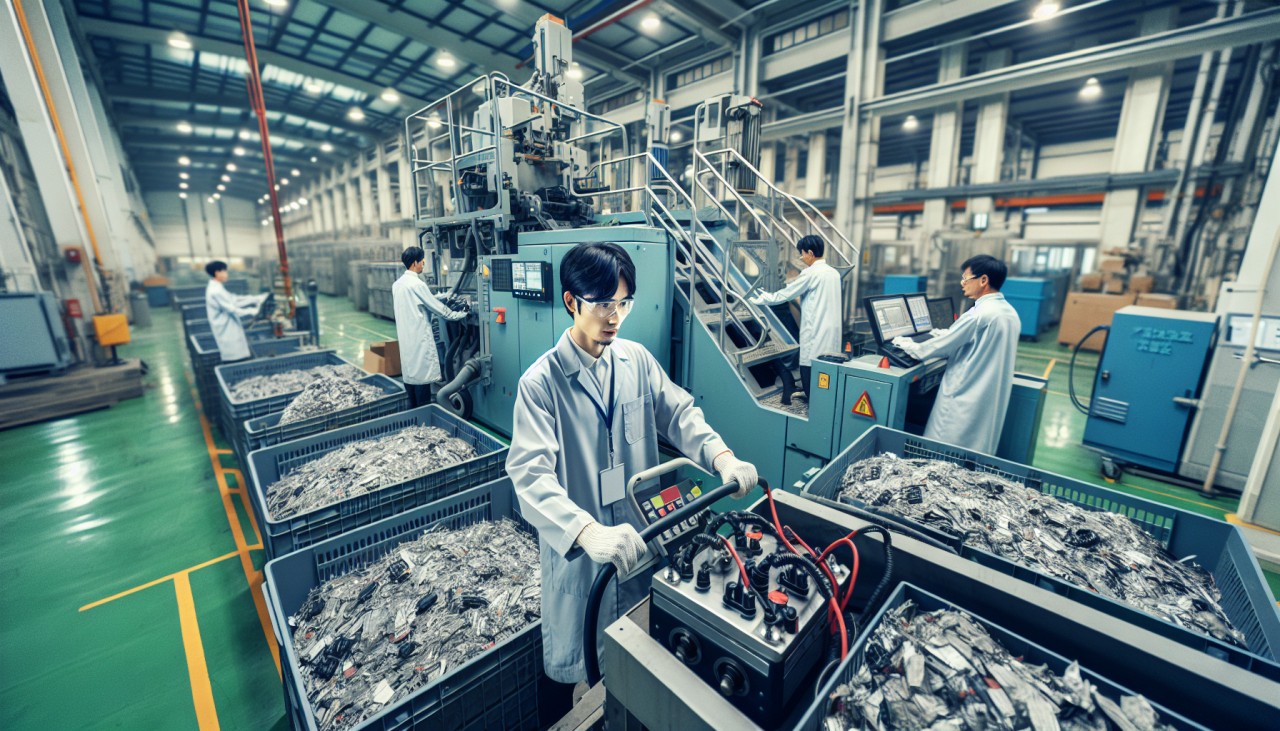As the world accelerates its shift toward electric vehicles (EVs) to combat climate change, the demand for essential minerals like lithium, nickel, and cobalt has surged. Traditionally, these minerals are mined in countries such as Chile and Argentina and processed in China, leading to significant greenhouse gas emissions and supply chain vulnerabilities. Recycling EV batteries offers a promising solution to these challenges. By reprocessing used batteries, we can recover valuable metals and reduce our reliance on mining, which is often environmentally damaging. This approach not only conserves resources but also supports a circular economy where materials are reused indefinitely without loss of quality. For instance, U.S.-based Redwood Materials and European regulations are investing in recycling capacity and setting targets for recycled content in new batteries. Recycling is more environmentally efficient than mining, using significantly less water, energy, and producing fewer emissions. time.com
Recent advancements in recycling technologies have further enhanced the viability of this approach. European startups like Altilium and tozero have made significant progress in recycling EV battery materials. Altilium's research, conducted with London's Imperial College, demonstrates that their recycled cathode materials perform comparably to or better than new materials while reducing CO2 emissions by 70% and costs by 20%. Supported by investors, including Sociedad Quimica y Minera de Chile and Marubeni, Altilium collaborates with Tata Motors' JLR on recycled material for Jaguar i-Pace EVs. Meanwhile, tozero, with investments from Honda, is developing a pilot plant for recycling graphite. Their hydrometallurgy process is "net zero" for emissions with renewable energy, addressing graphite's 40% contribution to the carbon footprint of lithium-ion batteries. Tozero aims to produce 2,000 tonnes of recycled graphite annually by 2027, sufficient for 50,000 EVs. These initiatives support upcoming EU regulations mandating recycled content in EV batteries by 2030, challenging China's dominance in the industry. reuters.com
Key Takeaways
- Recycling EV batteries reduces reliance on mining and conserves resources.
- Advanced recycling technologies improve efficiency and reduce emissions.
- European startups are leading in developing sustainable recycling methods.
